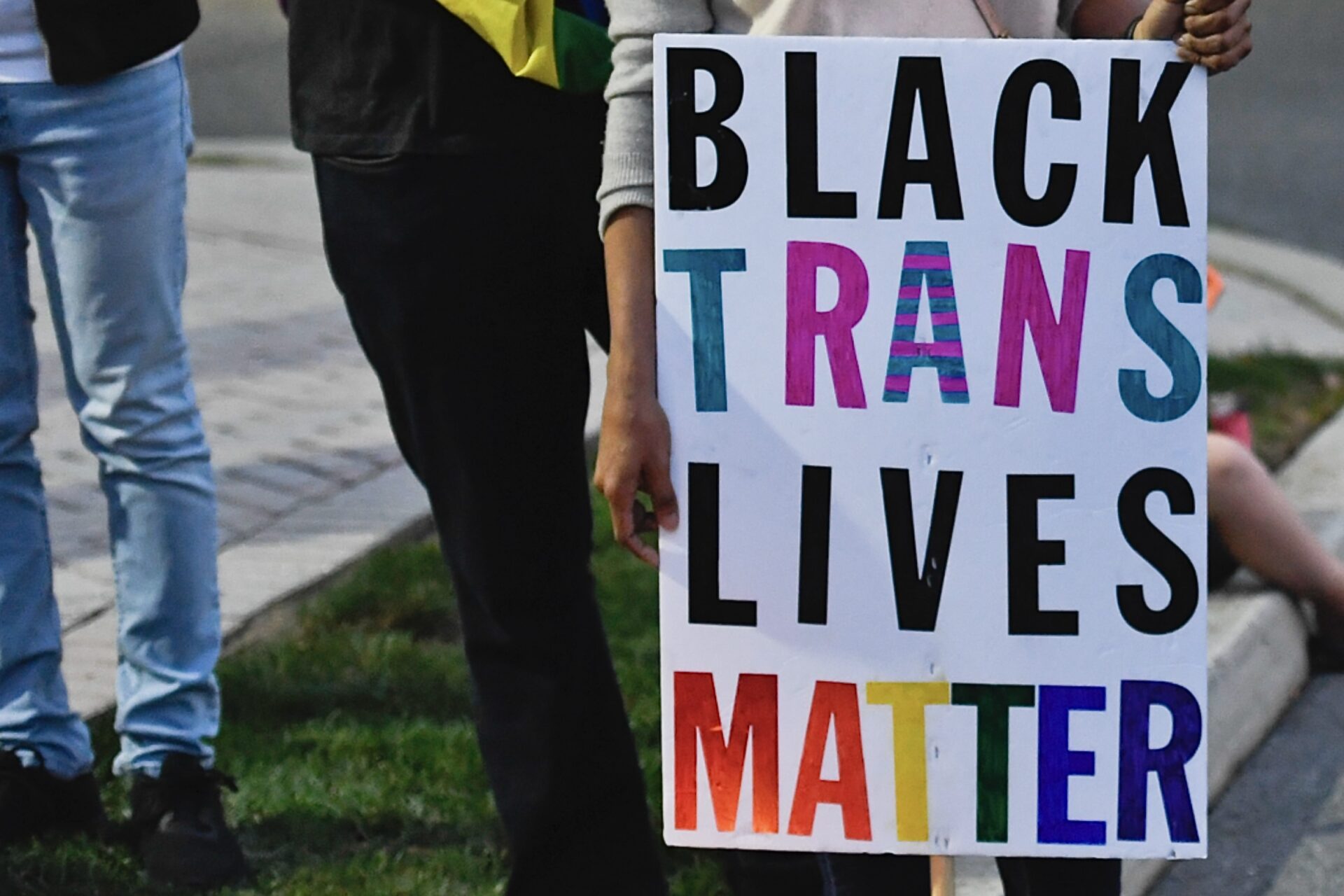
February 22, 2024
First Federal Gender-Based Hate Crime Trial Begins In South Carolina
Prosecutors allege that the killing of the woman was motivated by the shame, humiliation and anger Ritter felt after his girlfriend used a homophobic slur towards him.
The nation’s first gender identity-based hate crime trial began on Feb. 20 in South Carolina.
The Justice Department and Breon Peace, the U.S. Attorney for the Eastern District of New York, alleged that Daqua Lameek Ritter lured a woman, referred to by the court as “Dime Doe,” to a rural area of South Carolina in 2019. Ritter then shot the trans woman three times in the head as they reached an isolated area near the residence of one of his relatives. Afterward, Ritter reportedly fled to New York, where he was later arrested.
As Peace wrote in a court filing, “After murdering the victim, the defendant worked with others to burn the clothes that he wore the day of the murder and hide the murder weapon. He went on to lie about his whereabouts the day of the murder to state law enforcement and asked another to do the same on his behalf.”
As USA Today reported, the case was referred to the federal government because South Carolina does not have laws at the state level regarding hate crimes. There have been attempts to add a hate crime law to the books in South Carolina, but each attempt has been met with failure. Wyoming is the only other state in America that does not have a state hate crime law.
As WBTW reported, the South Carolina Senate Judiciary Committee has, however, advanced a bill to create a kind of hate crime provision. The bill, S.615, joins another bill on the Senate floor, the Clementa C. Pinckney Hate Crimes Act, named after a victim of the 2015 Charleston shooting at Mother Emmanuel AME Church.
Both bills contain similar language, including the establishment of fines up to $10,000 and the addition of five years of prison time onto any sentence handed down for a crime “where the victim was targeted because of their race, gender, sexual orientation, nationality, or religion.” Notably, the proposed South Carolina hate crime law does not include instances like Ritter’s alleged crime, crimes that are motivated by an individual’s gender identity, or an exclusion of the civil rights of trans individuals.
In addition to Ritter, the jury indicted Xavier Pinckney, who took a plea deal in October 2023 on two charges of obstructing justice. According to Kristen Clarke, the assistant attorney general of the DOJ Civil Rights Division, Pinckney assisted Ritter in trying to cover up his crime.
“The defendant is being held accountable for trying to obstruct an investigation into the tragic murder of a Black transgender woman.”
Ritter’s friends and girlfriend allegedly learned of a sexual relationship that Ritter and “Dime Doe” shared about a month before Ritter would allegedly commit the killing of the woman. According to the defense, Ritter and the woman were close friends and related through Ritter’s aunt and uncle. Prosecutors allege that the killing of the woman was motivated by the shame, humiliation, and anger Ritter felt after his girlfriend used a homophobic slur towards him.
According to a filing from January 2023, “His crime was motivated by his anger at being mocked for having a sexual relationship with a transgender woman.”
Lawyers for the government say they will present witness testimony regarding Ritter’s location and his text messages to “Dime Doe,” which they say helped persuade her to make the trip. They also say that video evidence exists of him inside her vehicle a few hours before her death. According to the prosecution, Ritter sought to enlist others to help him burn the clothes he was wearing when he allegedly killed the woman. They also allege that he wanted them to hide the weapon used and lie to police about where he was on the day of the murder.
Ritter’s lawyers contend that the presence of Ritter’s DNA inside the woman’s car does not necessarily prove that he killed her, citing the pair’s intimate relationship. They say that there is no physical evidence that connects their client to the murder of the woman and claim that the prosecution’s witnesses’ testimonies that Ritter tried to dispose of evidence are inconsistent.
In addition to the hate crime charge, Ritter also faces two other counts indicating that he committed murder with a firearm and misrepresented facts to investigators. The prosecution has said that they will not be seeking the death penalty in this case, but if Ritter is convicted, he could receive multiple life sentences instead of being sentenced to death.
According to data from the Department of Homeland Security, Black and other trans women of color have been subjected to disproportionate rates of violence and hate crimes. However, despite this, it wasn’t until 2009 that federal hate crime laws expanded to encompass attacks committed because of a person’s gender or sexual identity. The first conviction under this expanded definition happened in 2017 after a Mississippi man pleaded guilty to killing a 17-year-old trans girl and received a 49-year sentence. However, unlike this case, that case did not actually go to trial.